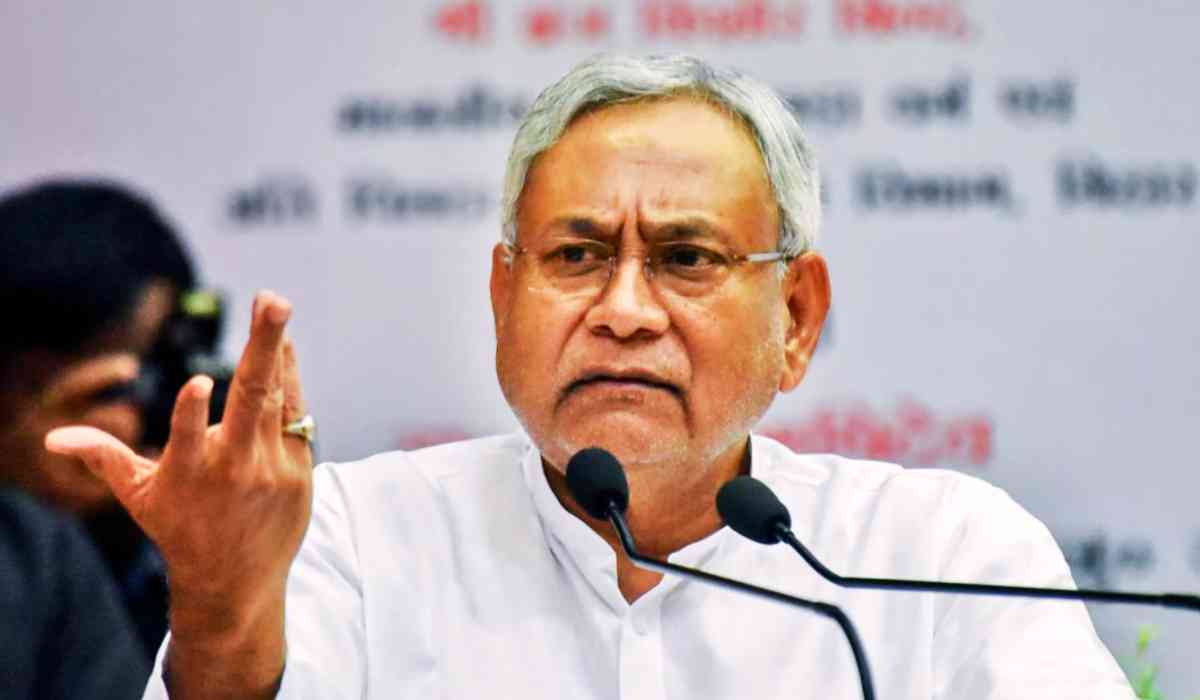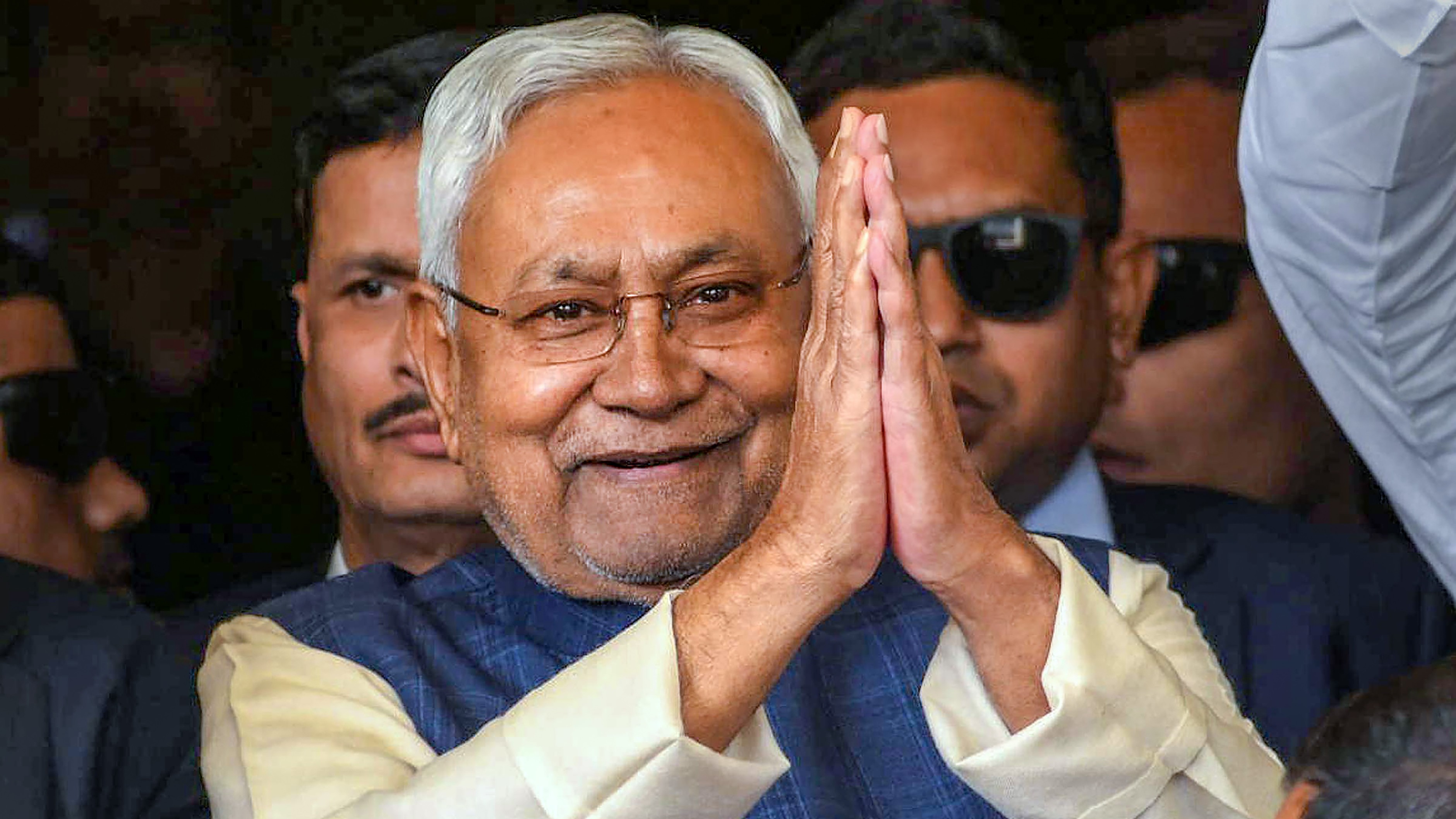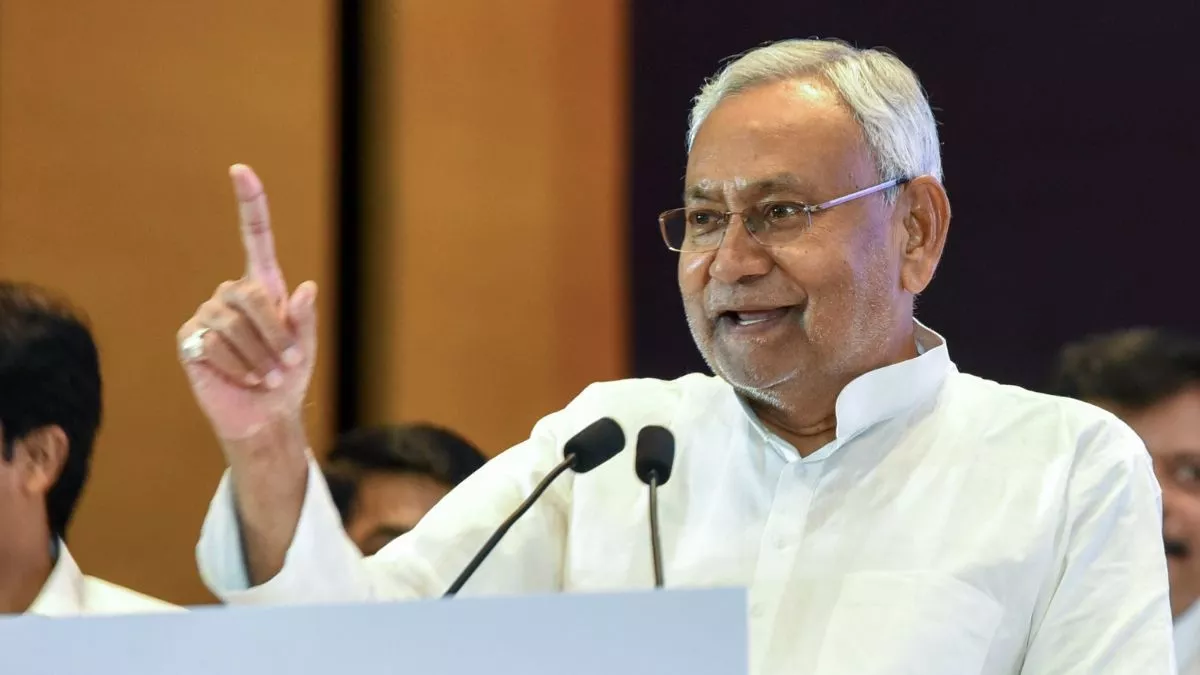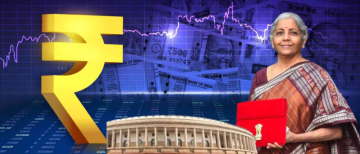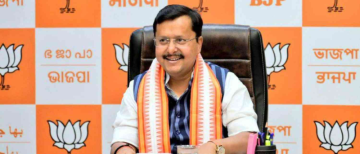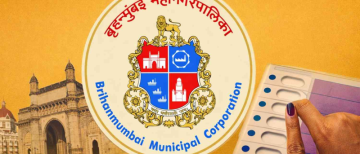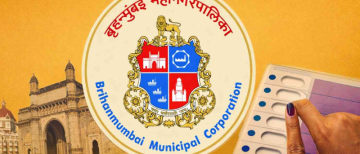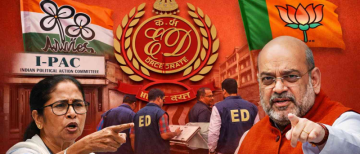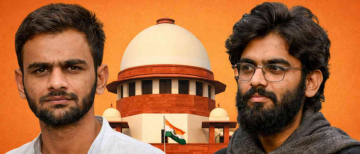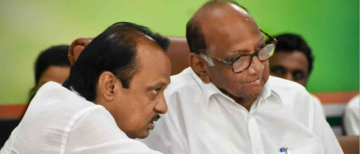With the Bihar Assembly elections fast approaching, Chief Minister Nitish Kumar has captured public attention by announcing a new scheme: free electricity for every household consuming up to 125 units per month from August 1. This promise, unfolding just months before voters head to the polls, has sparked conversations in every corner of Bihar, from city streets to rural tea shops. It’s being called one of the most significant moves this election season, with big implications for more than 1.67 crore (16.7 million) families across the state.
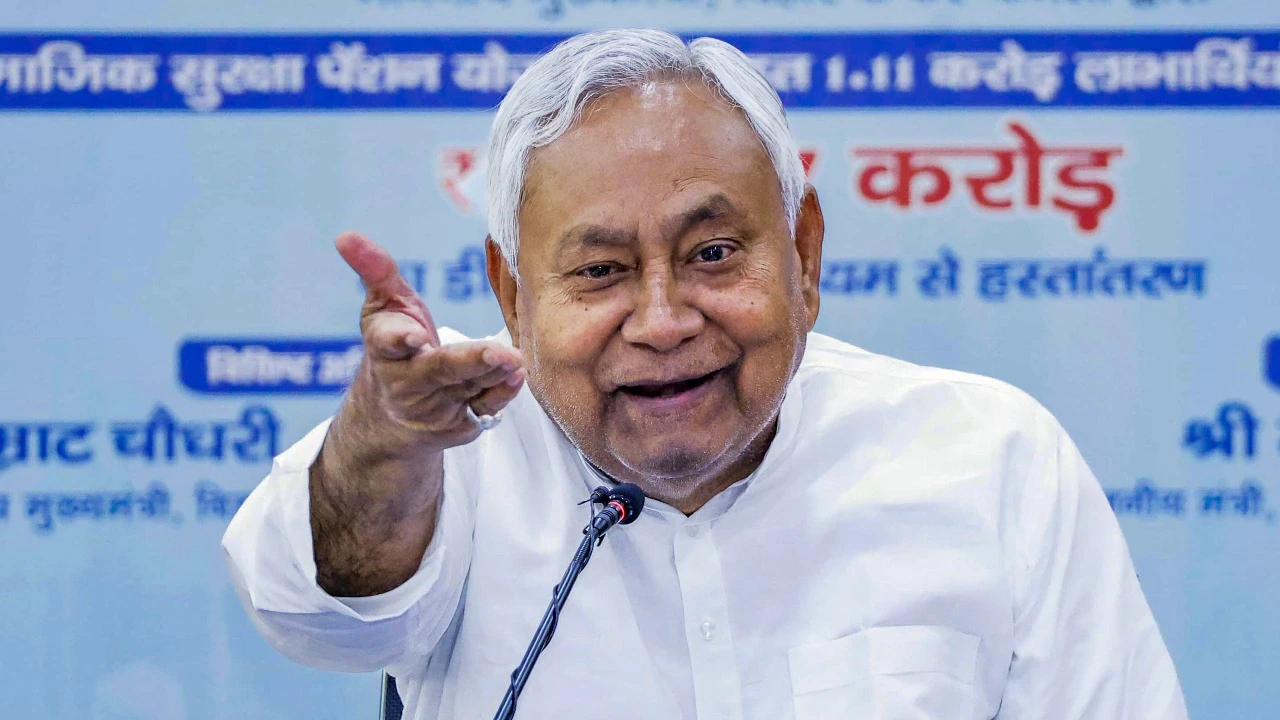
The Details: What Did Nitish Announce?
-
From August 1, 2025, all domestic consumers in Bihar will not have to pay for up to 125 units of electricity in a month.
-
Families under the Kutir Jyoti Yojana (a scheme for the poorest households) will have the entire cost of installing solar systems covered by the government.
-
For other households, the state will offer suitable support to help install solar power systems, aiming to generate around 10,000 megawatts of solar electricity over the next three years.
This announcement follows closely on the heels of other promises, such as creating one crore (10 million) jobs in the next five years and increasing pensions for social security.
Why Is Free Electricity a Big Deal?
-
Electricity bills make up a large chunk of household expenses for many in Bihar—especially working-class and rural families. Free power up to 125 units could mean genuine savings every month.
-
This move is expected to particularly help poor and middle-class residents, for whom even a small reduction in the monthly bill counts as relief.
-
The plan also includes a green twist: a phased increase in solar electricity, pushing Bihar towards a more sustainable energy solution.
What Are the Political Stakes?
Election season in India often sees leaders making big promises, sometimes called “election sops.” Opponents have not wasted time criticizing the timing, calling Nitish’s move a response to rival parties’ own promises of free electricity. But political observers say that moves like these often work: securing the support of voters who feel direct, immediate benefit.
For years, opposition leaders like Tejashwi Yadav have proposed even higher limits for free power or increases in pensions—prompting a sort of “competition of giveaways.” Some are calling this a “copycat” policy, others say it is just how election campaigning works in India’s democracy.
What Happens Next?
If the plan goes through as announced:
-
From August, over 1.67 crore homes will see lighter electric bills or even no charge at all for basic usage.
-
The state will begin preparing to roll out large-scale solar power projects, starting with the neediest families.
-
All eyes are on how smoothly the scheme works—and whether it becomes a lasting change, or simply an “election season magic” moment.
A Closer Look: “Election Season Magic”—Real Change or Old Tricks?
Every election brings promises that seem too good to be true. Yet, schemes like free electricity, when implemented well, have changed lives in many states. Critics warn about “freebie culture,” arguing that it can distort state finances. Supporters counter that real lives are improved, and governments can cut waste elsewhere to pay for what people need most.
Ultimately, it’s up to voters to decide if Nitish Kumar’s promise is a smart solution or just another trick in the Indian political playbook. For now, families in Bihar are waiting to see if their next electric bill really does drop to zero.
With inputs from agencies
Image Source: Multiple agencies
© Copyright 2025. All Rights Reserved Powered by Vygr Media.

